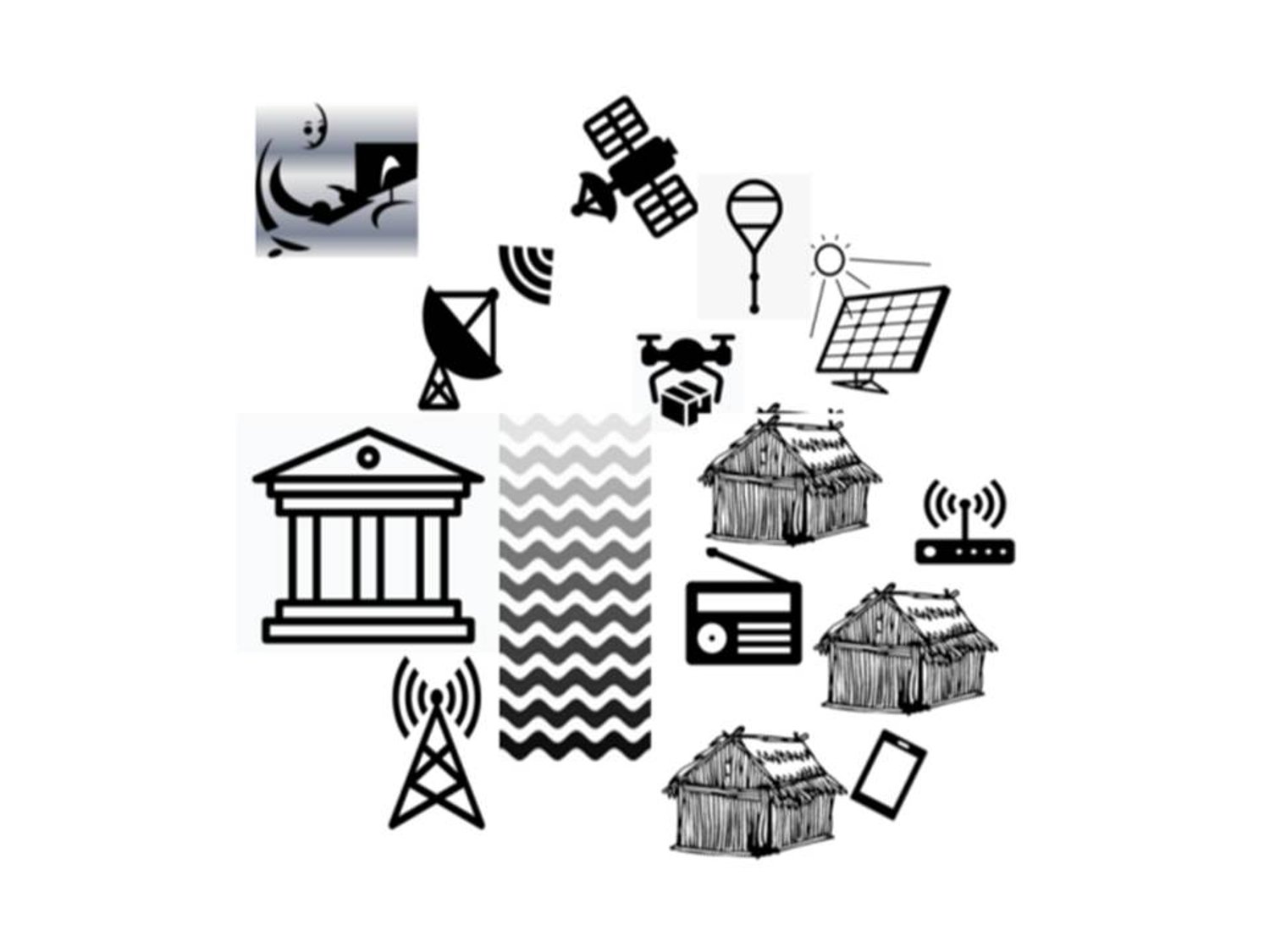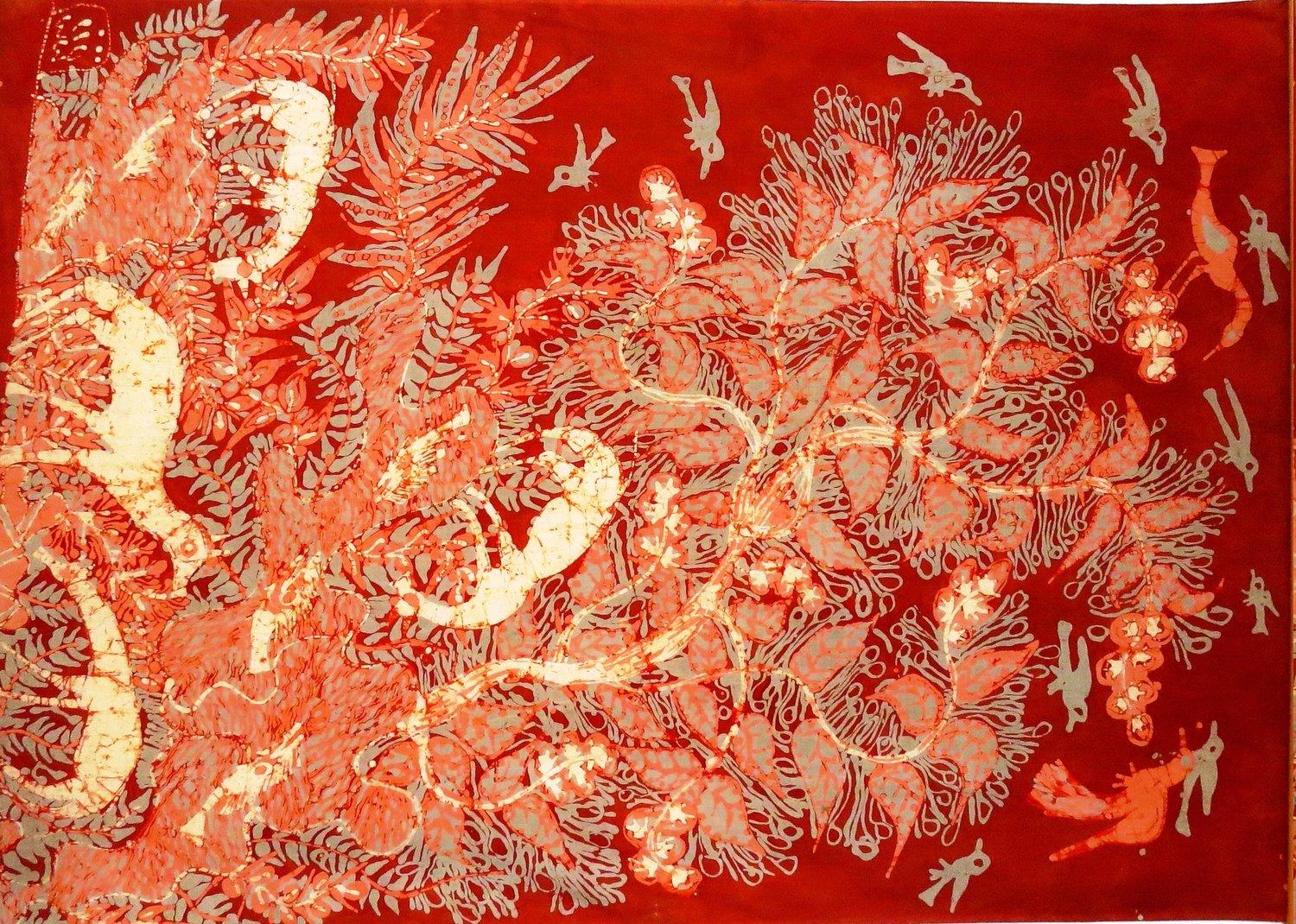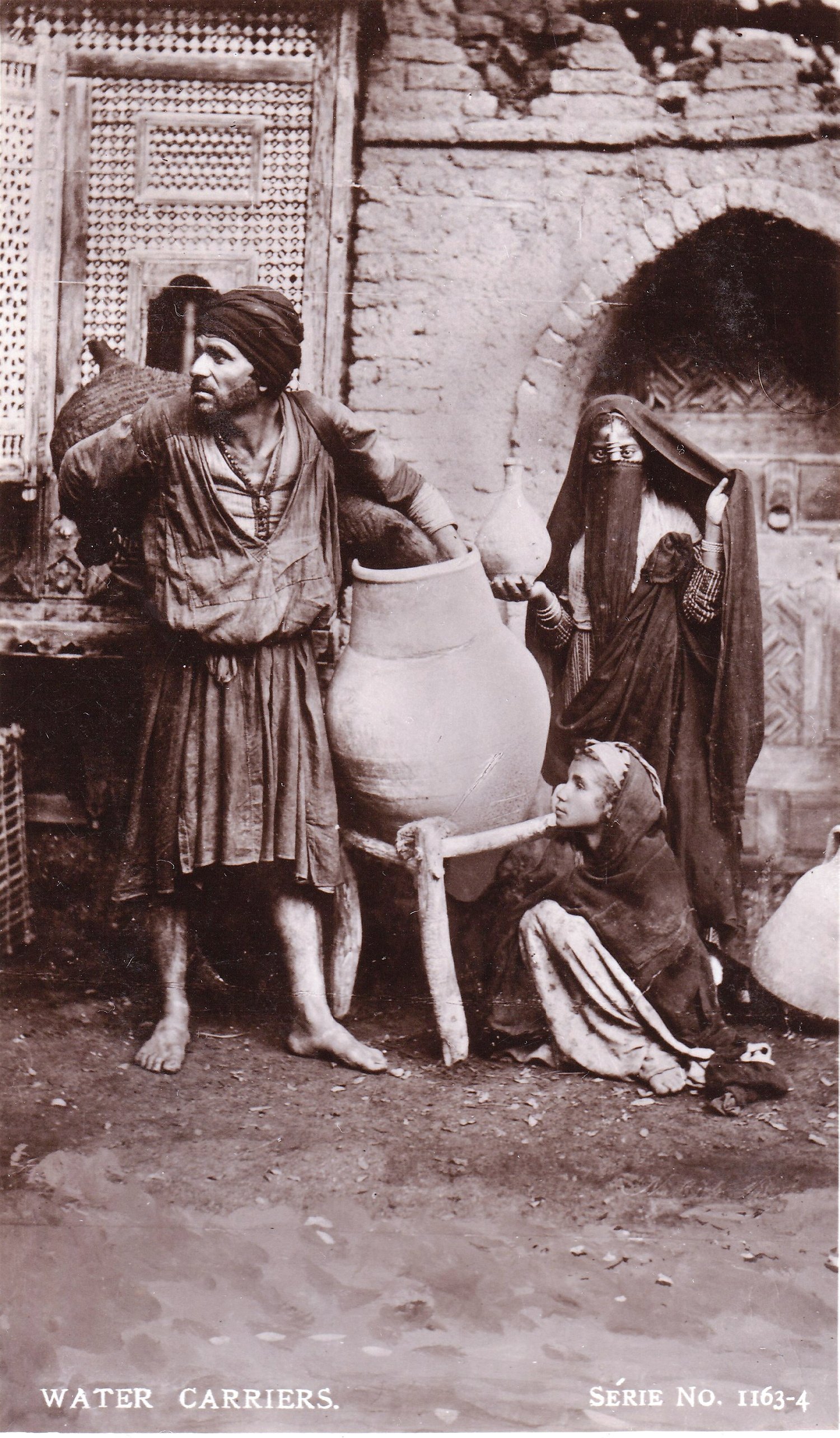Museums of our Common Future
Chris Williams
( Concept )
How can we extend curatorial expertise to assist under-served waterside communities living in coastal regions, wetlands, oases, Polar Regions, ‘floating slums’? Over half of the world population lives within three kilometres of freshwater, and 90% live within ten kilometres of freshwater. Eighty percent of the world population lives less than 100 miles from the oceans.
Wealthy communities understand ‘invisible’ threats through satellites and other technologies. Can local people achieve the same by also understanding and valuing their own histories, technologies, art and ideas?
With Museums of Our Common Future, curatorial expertise is extended via robust telecoms and a coordinating organization, across museum clusters that include at least one established museum.
The Museums of Our Common Future encourage local people to ‘think global and act local’ to inspire ‘thousands of small wise decisions’ (Club of Rome). People change themselves and then others. The Museums help them to learn about climate change, but also to contribute their ideas and local knowledge to the United Nations Environment Programme and other global forums.
By ‘repatriating’ small low-value objects, local people can learn about the value of their own traditions. Anywhere in the world, an ‘Egyptian Gallery’ can remind us that traditional clay pots purify and cool water, and reduce the need for electric water coolers. Potters for Peace now combines clay filters and plastic containers to do the same.


Diagram. Common Futures Museums (left) and Wetland. Wissa Wassef Art Centre. Cairo. 1980 (right)

Water carriers. Egypt. c.1910 (right)
- Project Team
- Chris Williams
- Project Name
- Museums of our Common Future
- Team Location
- UK, London
- Category
- Community, activism & engagement